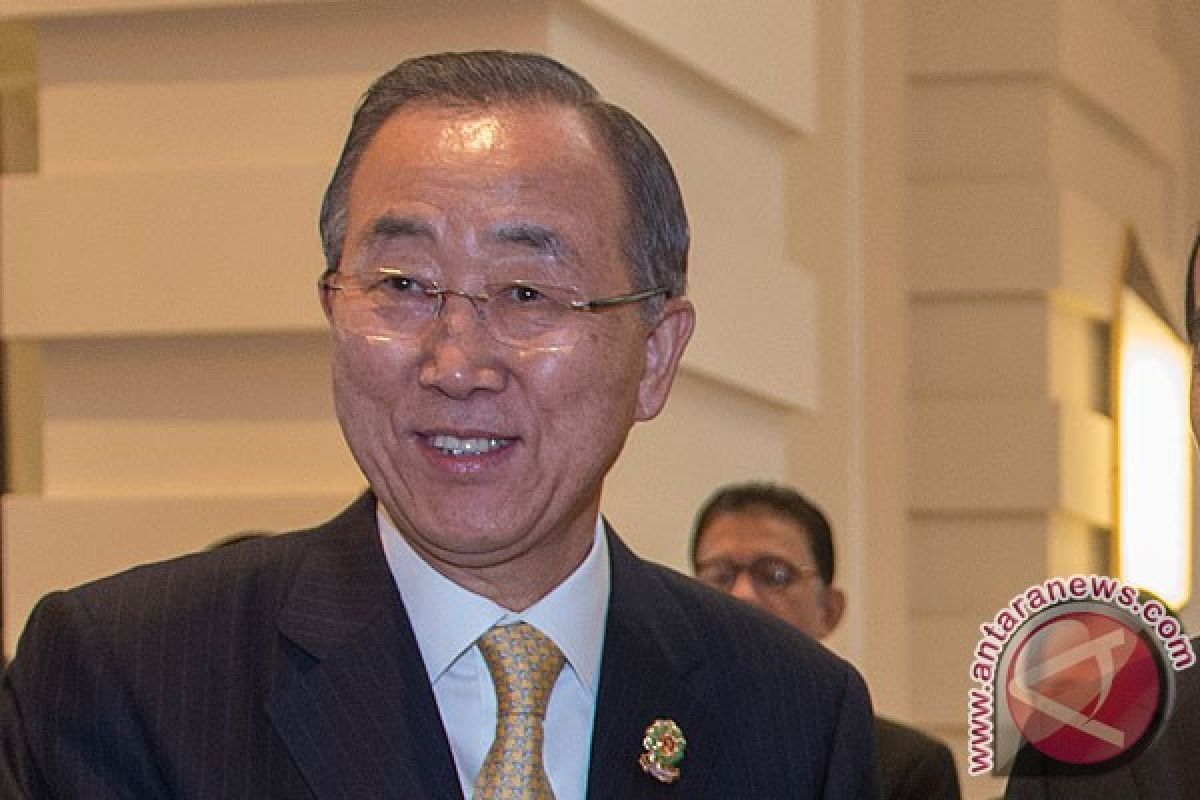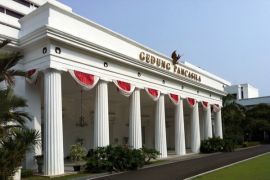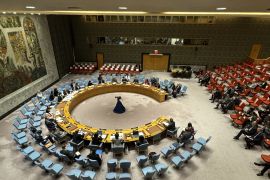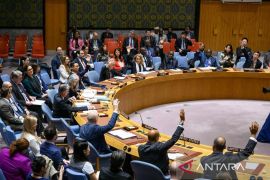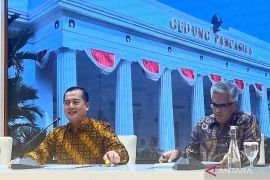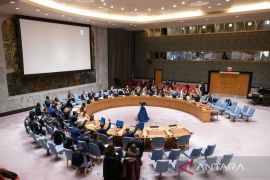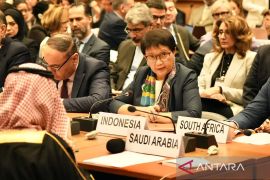I demand the DPRK cease any further nuclear activities."United Nations (ANTARA News) - The UN Security Council agreed to roll out new measures to punish North Korea after its shock announcement of a hydrogen bomb test triggered global concern and condemnation.
Although officials and experts were highly sceptical of the claim it was a sophisticated H-bomb, the latest test provided unnerving proof -- if proof were still needed -- of North Koreas commitment to developing an advanced nuclear weapons capability.
With backing from China, Pyongyangs sole major ally, the 15-member council strongly condemned the test and said it would begin work on a new UN draft resolution that would contain "further significant measures."
UN diplomats confirmed that talks were under way on strengthening several sets of sanctions that have been imposed on secretive North Korea since it first tested an atomic device in 2006.
"I demand the DPRK cease any further nuclear activities," UN Secretary General Ban Ki-moon said, echoing international condemnation of the test voiced not just by the Norths traditional adversaries like the United States and South Korea, but also allies like China.
The censure and sanctions threats had a familiar ring, given similar outrage that greeted the Norths previous tests in 2006, 2009 and 2013, and some voices stressed the need to find a strategy that combined coercion with negotiation.
Time to engage?
"A priority must be to find ways to both further pressure North Korea to limit its nuclear weapons capabilities and engage it diplomatically," said David Albright, president of the Washington-based Institute for Science and International Security.
But in South Korea, the response was uncompromising, with President Park Geun-Hye calling for a strong international response to what she called a "grave provocation."
On Thursday, Defence Minister Han Min-Koo pledged that Pyongyang would "pay the price" for its latest provocation.
In a phone call with his US counterpart Ashton Carter, Han said the two sides had agreed to work on customised deterrent strategies and to push ahead with annual joint military drills that Pyongyang regularly condemns as rehearsals for invasion.
In announcing that it had successfully tested a hydrogen bomb, North Korea said it had "joined the rank of advanced nuclear states" like Russia, France and the United States that also boast thermonuclear devices.
The order to test was personally signed by leader Kim Jong-Un, with a handwritten message to begin 2016 with the "thrilling sound of the first hydrogen bomb explosion."
Acquisition of a working H-bomb -- with a destructive power that dwarfs the fission bombs it has tested in the past -- would represent a massive leap forward in the Norths nuclear weapons capability.
Scepticism
But experts said the explosive yield from Wednesdays test -- initially estimated at between six and nine kilotons -- was far too small.
"The initial analysis that has been conducted... is not consistent with North Koreas claim of a successful hydrogen bomb test," White House spokesman Josh Earnest said.
"There is nothing that has occurred in the last 24 hours that has caused the United States government to change our assessment of North Koreas technical and military capabilities."
After meeting behind closed doors, the UN Security Council "strongly condemned" the underground test and described it as a "clear threat to international peace and security."
US Ambassador Samantha Power called for a "tough, comprehensive and credible package of new sanctions" to make clear to Pyongyang that there are "real consequences" to its actions.
Japanese Ambassador Motohide Yoshikawa said he will be pushing for "a series of measures under chapter 7" of the UN charter, which provides for enforceable sanctions.
But there was no real clarity on what form the sanctions might take, or when the package would be drawn up.
Currently, there are a total of 20 entities and 12 individuals on the UN sanctions blacklist, which provides for a global travel ban and an assets freeze.
Spotlight on China
All eyes at the UN will now be on China, a veto-wielding council member, to see just how far it will go in tightening the sanctions grip on its recalcitrant neighbour.
While Beijing has restrained US-led allies from stronger action against Pyongyang in the past, it has shown increasing frustration with its refusal to suspend testing.
But Chinas leverage over Pyongyang is mitigated, analysts say, by its overriding fear of a North Korean collapse and the prospect of a reunified, US-allied Korea directly on its border.
"China really has to decide whether North Korea as it stands now is a liability or an asset," said Roberta Cohen of the US Brookings think tank.
There was no immediate response from North Korea to the UN sanctions threat, but its KCNA official news agency was unrepentant.
"The more frantic the hostile forces get in their moves to isolate and stifle the DPRK (North Korea), the stronger its nuclear deterrent will grow," it said in a commentary.
Editor: Priyambodo RH
Copyright © ANTARA 2016
